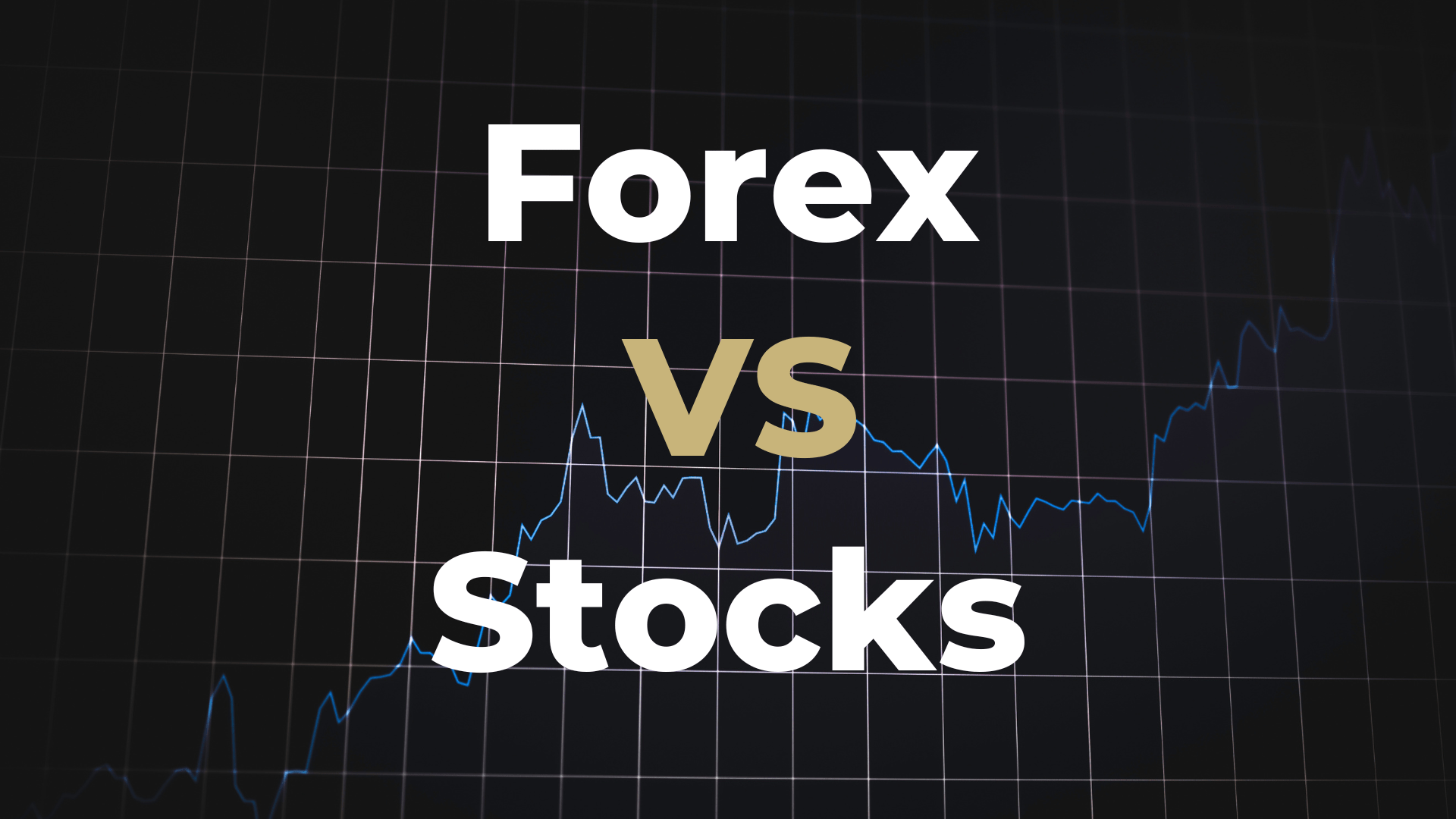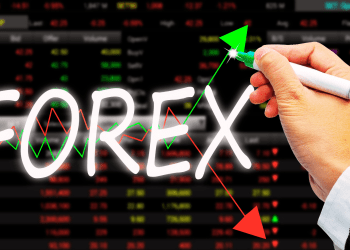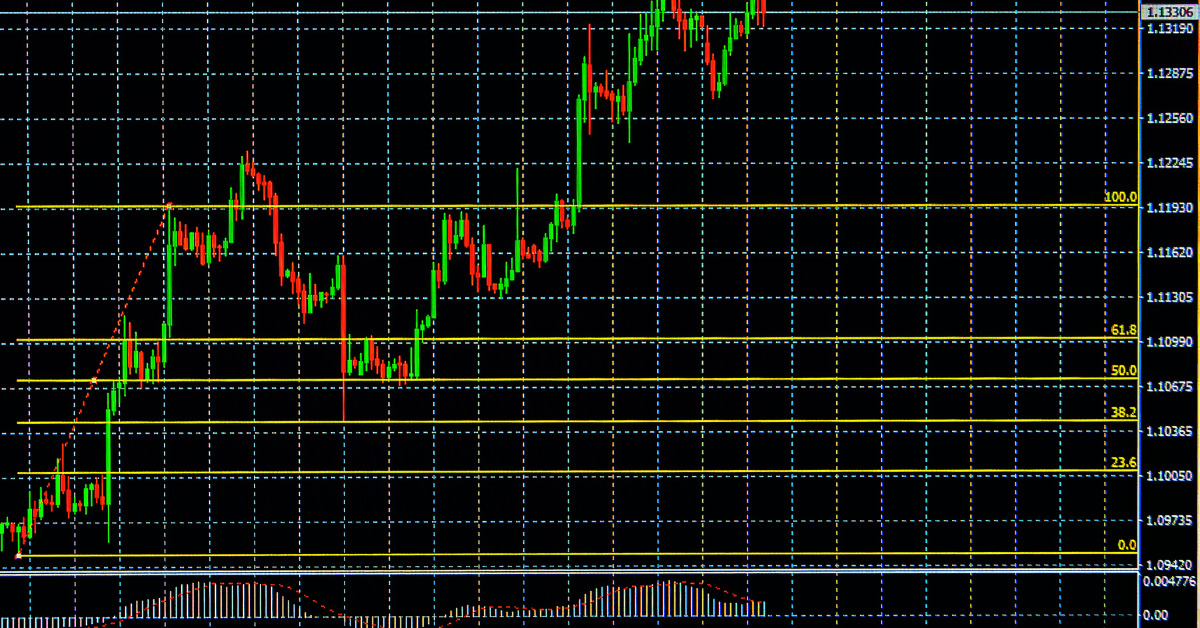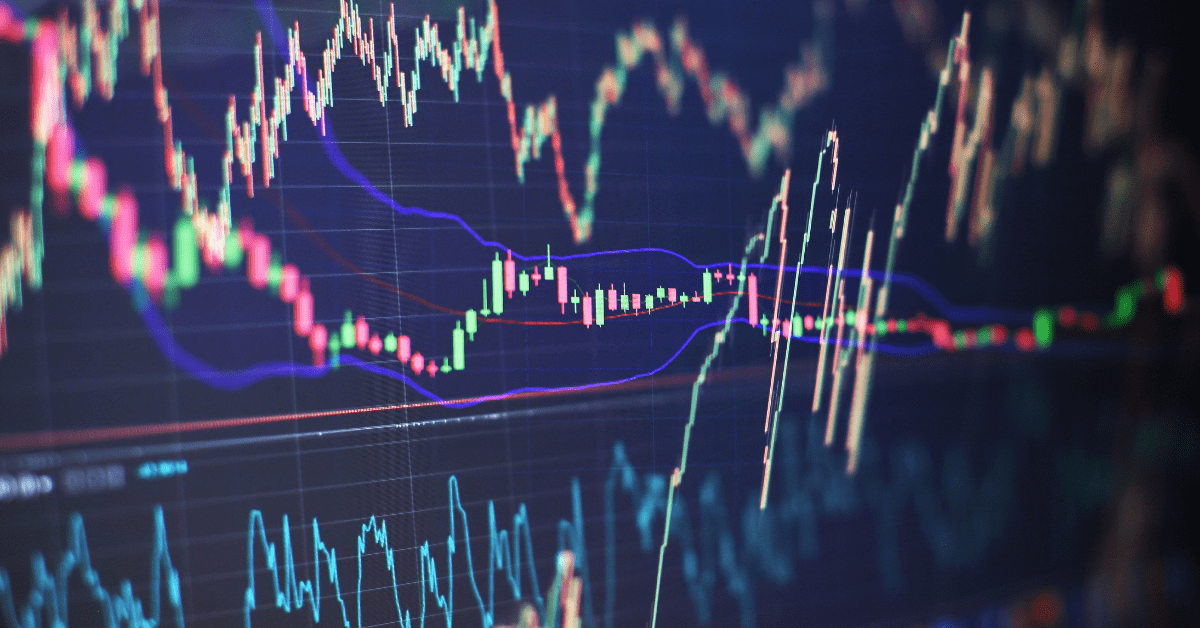In this article, we will talk about Forex vs stocks which is more profitable? There are many benefits to trading on the Forex exchange as opposed to the stock market. The Forex market is more liquid, less volatile, and can be risky depending on leverage.
Regardless of your style, you’ll find plenty of opportunities for short-term trading on the forex. In this article, we’ll look at some of the main advantages of forex trading as well as a few drawbacks compared to trading stocks.
Forex vs Stocks
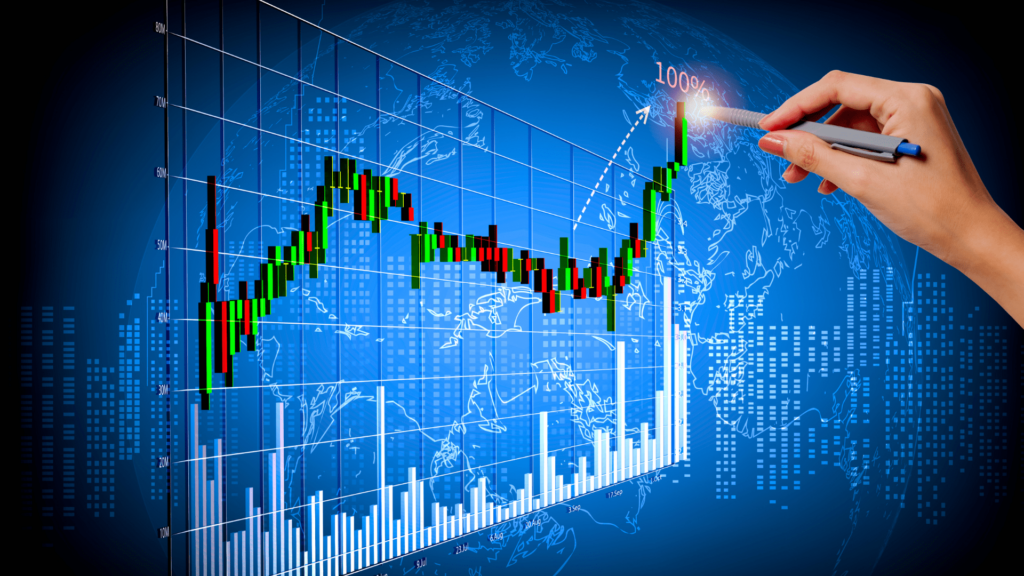
If you want to make profits fast, you might consider trading the forex market. Stocks, on the other hand, are better for long-term investments. While short-term stock trades can be lucrative, you should not expect big price changes every day.
Nevertheless, the long-term potential of stocks is far greater than that of forex. If you’re considering trading the stock market as a source of long-term income, you should consider the following factors.
Compared to stocks, forex is easier to trade. Its leverage is higher than stocks, which means that you can trade smaller amounts and earn big profits. However, the risks involved are higher. The higher the leverage, the higher your profit. Consequently, Forex is a riskier investment than stocks if you trade with high leverage. As with any trading venture, it is important to consider your goals and risk tolerance before deciding which type of investment is right for you.
While stocks and forex are both profitable, their fees are different. For instance, forex requires a small deposit, whereas stocks require a larger one. In addition, stock brokers have higher commissions and fees. If you want to avoid these fees, forex may be the better choice. Regardless of which option you choose, you should make sure you’re knowledgeable about trading and have a strategy in place.
If you’re planning to trade currencies, you may want to invest in the foreign exchange market. The foreign exchange market is the largest global marketplace, and trades reach a total value of $5 trillion daily. If you’re not familiar with how the foreign exchange market works, you can learn about currency trading by reading our free guide. The forex market relies on interest rates, GDP growth, and inflation.
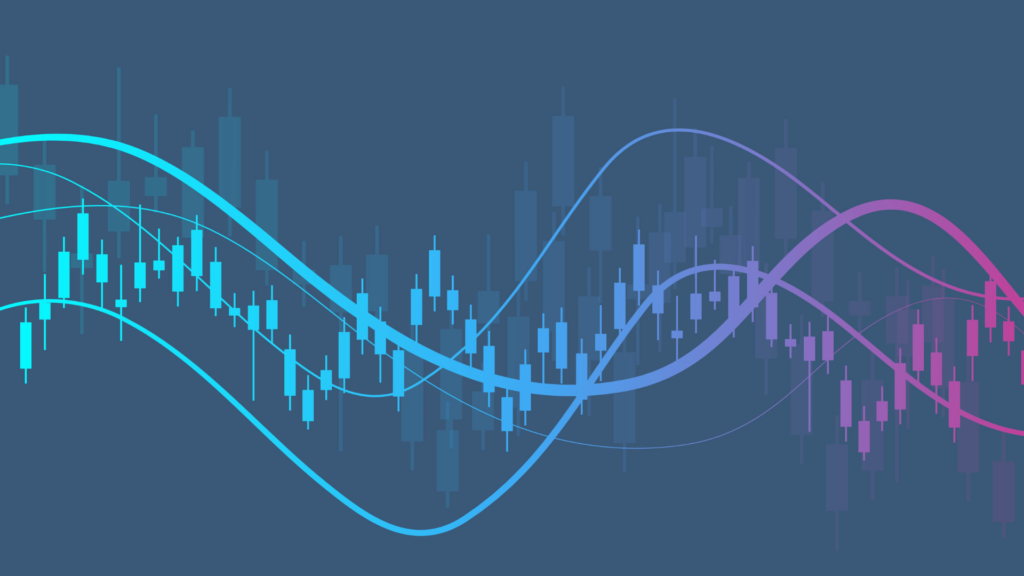
Forex markets are less volatile
If you’re looking to make quick, easy profits, forex might be a perfect choice. Although the Forex market is much less volatile than stocks, it is still can be a riskier investment than stocks, primarily because it carries a higher level of leverage. Because of its riskier nature, it’s important to understand the risk involved in Forex trading. Before you start investing, make sure you’re knowledgeable about Forex trading risk.
First of all, currencies have much lower volatility than stocks, because of globalization. Volatility has declined in the past several years, according to the Deutsche Bank historical volatility index. Although it has not yet regained its 2014 lows, it is close to it. As a result, currency volatility has declined in almost every region, including commodity currencies, Scandinavian countries, EUR crosses, and the pound. This is great news for investors and policymakers around the world.
The difference between volatility and stability is based on how quickly a currency’s price fluctuates. Stocks are affected by internal factors, such as debt levels, cash flows, and earnings. When volatility is high, trading may be less aggressive, because traders realize that prices can change drastically and are less willing to hold their positions. Traders who are looking for long-term investment may prefer the stability of blue chip stocks.
Another important difference is that volatility in the Forex market is reflected in two measures: realized and implied. The latter represents current market pricing, while the former is the actual movement of the markets. A low realized volatility indicates a stable market. In a volatile market, a false breakout can turn out to be a false one, and a subsequent decline in price may be even more drastic. As a result, traders should consider using a stop-loss order when entering a trade.

Forex markets are more liquid
The largest FX market, the foreign exchange market, has an estimated daily trading volume of $5 trillion. It is commonly thought that this liquidity allows investors to make large trades quickly without turning prices against each other. However, recent studies have revealed significant declines in Forex liquidity during the financial crisis. Liquidity risk is particularly problematic for investors who seek to diversify their portfolios internationally and utilize popular Forex trading strategies. In the following, we explore the importance of liquidity in the Forex market.
Currency trading volumes are highest in the Forex market, where the US Dollar is the most popular currency. Speculators are responsible for bringing in the majority of the trading volume. Some speculators account for as much as 90% of the volume, but most countries have accepted this important factor because it contributes to the liquidity of the markets. These speculators have also contributed to the growth of the forex market by making it more liquid.
As forex is an ‘over-the-counter’ market, there is no centralized authority that keeps track of the volume and open interest. However, we can estimate liquidity by checking the number of price ticks and spreads. A high number of ticks means a higher liquidity level. A low number of ticks means that the liquidity is too thin. To determine whether a forex market is more liquid, look at its volume. The higher the liquidity, the more liquid the market is.
Forex markets can be risky
First of all, the forex market is much bigger. The size of the currency exchange market is large and enables traders to buy and sell at lower prices than stocks. This is particularly useful for swing traders and day traders. While stocks are less liquid, they have more trading opportunities.
The forex market can contain hundreds of different currencies, ranging from penny stocks to big companies. Stocks also have lower liquidity compared to the forex market, so it may take longer for you to turn a profit.
In addition, the forex market is liquid. While stocks are a great way to make a profit, their liquidity fluctuates. Stocks are generally not so liquid, with prices fluctuating throughout the day.
This makes it easier to find someone to take the other side of your position if you decide to sell. A currency exchange like the forex market often sees trillions of dollars in trades per day.
Secondly, the forex market offers a high-paced trading environment. This means you can trade for short periods, ranging from minutes to hours. It is the perfect choice for the day, swing, and scalp traders. While stocks are good for longer-term trends, forex is a better choice if you prefer less volatility.
These types of strategies require less time and are better for day traders. These strategies can help you make a profit even in the short term.
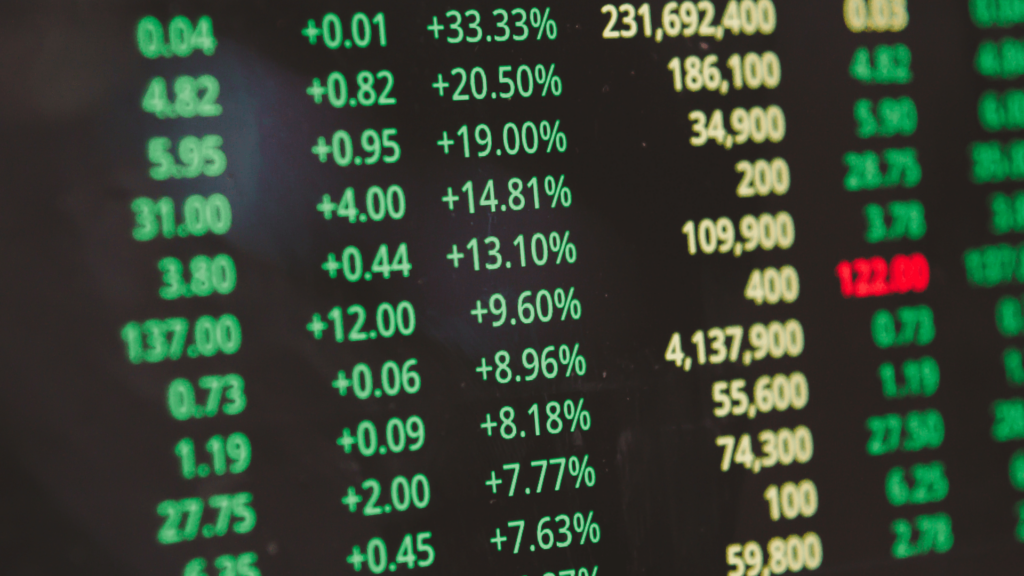
Forex markets are easier to trade
Despite the reputation of stocks, forex is a far more user-friendly market. You don’t need to have a deep understanding of the economy to trade successfully.
In fact, you can start by trading in just one currency pair. Currency pairs are constantly changing, which means that it is important to stay up to date with the current trends. You can also use public sentiment as a guide to determine how to trade a currency pair. Unlike stocks, you can trade currencies at any time of the day.
The forex market is open 24 hours a day, five days a week, and is more accessible. The forex market is not limited to the hours of the New York Stock Exchange or NASDAQ but is a better option for those who wish to trade on a regular basis.
In addition, forex is open around the world, which allows global traders to participate. You can also trade in multiple currencies at the same time.
In addition to being easier to follow than stocks, Forex is more diverse. The focus of most Forex traders is on the news and economic developments instead of stock market news.
By contrast, the stock market has thousands of trading options. As a result, most Forex traders will focus on just four currency pairs – the USD and EUR. However, you can still make money by trading in stocks, but it’s much more difficult.
The most significant difference between forex and stock trading is that they have less regulation. Both involve more risk and leverage. While both are highly lucrative, they can also be very risky.
The forex market is also more liquid and easier to monitor than stocks, making it a more suitable investment for beginners. You can also start trading in just a few minutes, and begin making money within a few weeks. There is a much greater chance that you’ll make a profit with forex trading.
Conclusion
Trading Forex and Stocks is a great way to make profits. But we personally prefer to trade Forex. If you are interested in learning how to trade forex check out our free guide.

